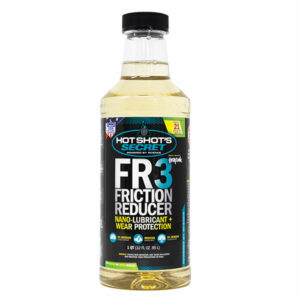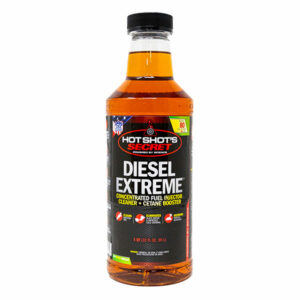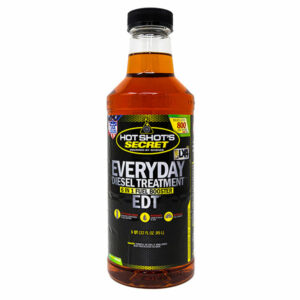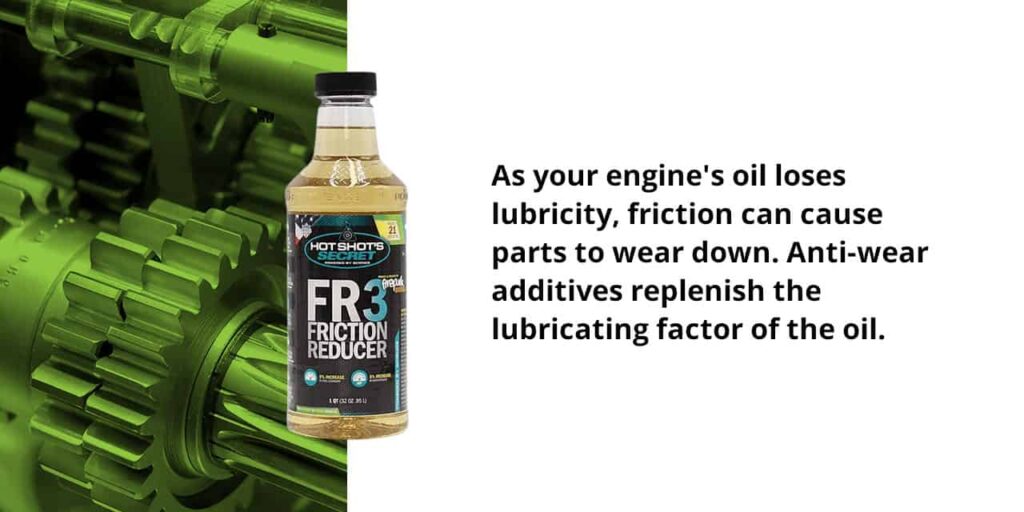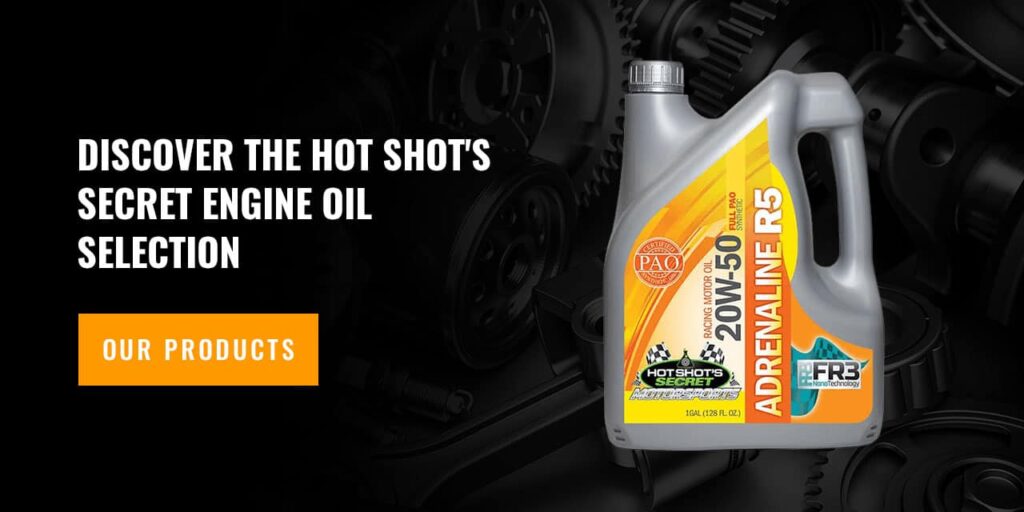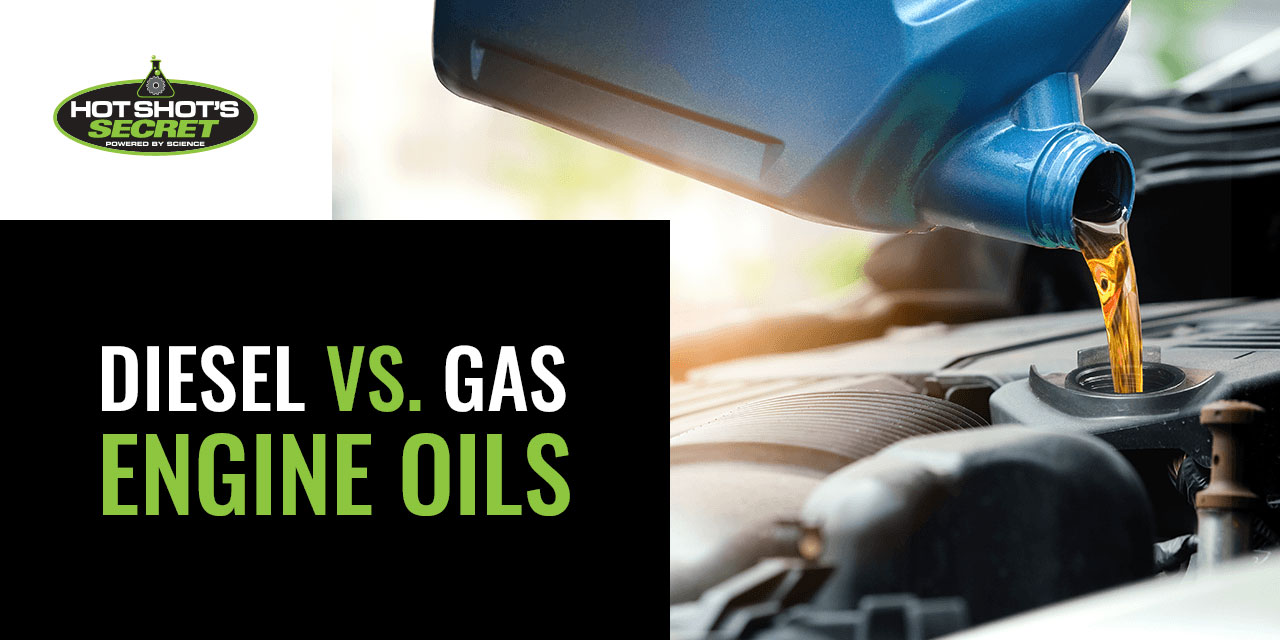
In a market saturated with different engine oils, choosing which product best fits your vehicle can be challenging. This article explains the basics of diesel and gas oils, their differences and the science behind their formulation. We answer some frequently asked questions about engine oil and what you need to know about our most popular additives.
Engine Oil and Its Benefits
Engine oil acts as a lubricant for the engine’s moving metal parts. It creates a layer that protects these components when the engine warms up and facilitates the even distribution of heat in the system. Engine oil contains a filmlike substance that reduces the power necessary to overcome friction, increases fuel efficiency and helps your vehicle run better.
Additionally, the engine oil cleans the engine, removing sludge buildup and collecting contaminants such as metal particles, water, soot and condensation. It keeps metal surfaces rust-free and prevents engine wear and, in some cases, engine failure.
Diesel Oil vs. Gas Oil: What’s the Difference?
The primary function of engines is to convert the energy from chemical reactions into power that helps operate a vehicle. However, gas and diesel engines do it differently. Learn what makes diesel oil different from gas oil below.
- Emissions: Gas engines use spark plugs to ignite without compression, while diesel engines compress air in the cylinders until it’s hot enough to light the fuel. Gas oils are specifically formulated to protect catalytic converters, whereas diesel oils are ideal for higher soot levels because diesel engines tend to produce more soot than their gas counterparts.
- Viscosity: Diesel oils are generally more viscous than gas oils, as they’re meant to form a protective coating between metal parts. The thicker consistency also allows them to handle the greater heat and pressure generated by diesel engines. Using engine oils designed for your specific application is ideal for keeping your engine system cleaner for longer and providing better mileage and horsepower.
- Additives: Due to the soot and other byproducts created by the diesel engine’s combustion process, diesel oils typically have higher concentrations of additives than gas oils. They also have high levels of detergents and anti-wear substances per volume. A high concentration of additives in gasoline oil could compromise the vehicle’s performance by reducing compression and efficiency.
- Oil change frequency: A significant change in the performance of your diesel-powered vehicle could indicate a need for an oil change. Routinely adding fresh oil to your engine also helps prevent permanent damage and ensure optimal performance. In general, oil changes for both diesel and gas engines are recommended every 5,000 to 15,000 miles, depending on the loads you haul, the climate and your normal operating conditions. Refer to your owner’s manual for specific guidelines for your vehicle.
Can I Use Gasoline Oil in My Diesel Engine?
In general, no — the best practice is to use gasoline oil in gasoline engines and diesel oil in diesel engines. However, it’s also important to note that some oil products are formulated for both diesel and gasoline engines. The smart way to go about it is to check your vehicle’s owner’s manual and the label on your engine oil’s product packaging. Checking with the experts helps ensure you’re getting the right type of oil for your engine.
You can also use the engine oil classification guide created by the American Petroleum Institute:
- “S” (Service): This means the oil is designed for gas engines.
- “C” (Commercial): The oil is formulated for diesel engines.
- Resource conserving: This means the oil is also designed for gas engines.
- “C” followed by an “S”: This means the oil meets usage standards for both gas and diesel engines.
Mixing Diesel and Gasoline Engine Oils
Ideally, vehicle owners should stick to the oil specifically designed for their vehicles. However, if they need to top off their oil with a different type, a product with the same weight specifications may suffice. While it’s not encouraged, most engine oils will work with any engine. You only have to remember that diesel engines need oils with a higher viscosity and additive levels than most gasoline oils can provide. Using the same on gasoline engines, however, can lead to clogging in the emission systems. For this reason, it’s always better to err on the side of caution and use engine oils designed for your vehicle.
Discover the Hot Shot’s Secret Engine Oil Selection
Engine oils vary depending on several unique factors, whether for diesel or gas engines. Knowing the right product for your needs helps power your vehicle efficiently and keep the engine in prime condition.
Hot Shot’s Secret offers a wide selection of engine oils and oil additives for diesel and gas engines. Whether you need to replenish additives in your vehicle, enhance lubricity or in need of a total oil refresh, we have the solutions for you. Browse our five-star oil products today!


